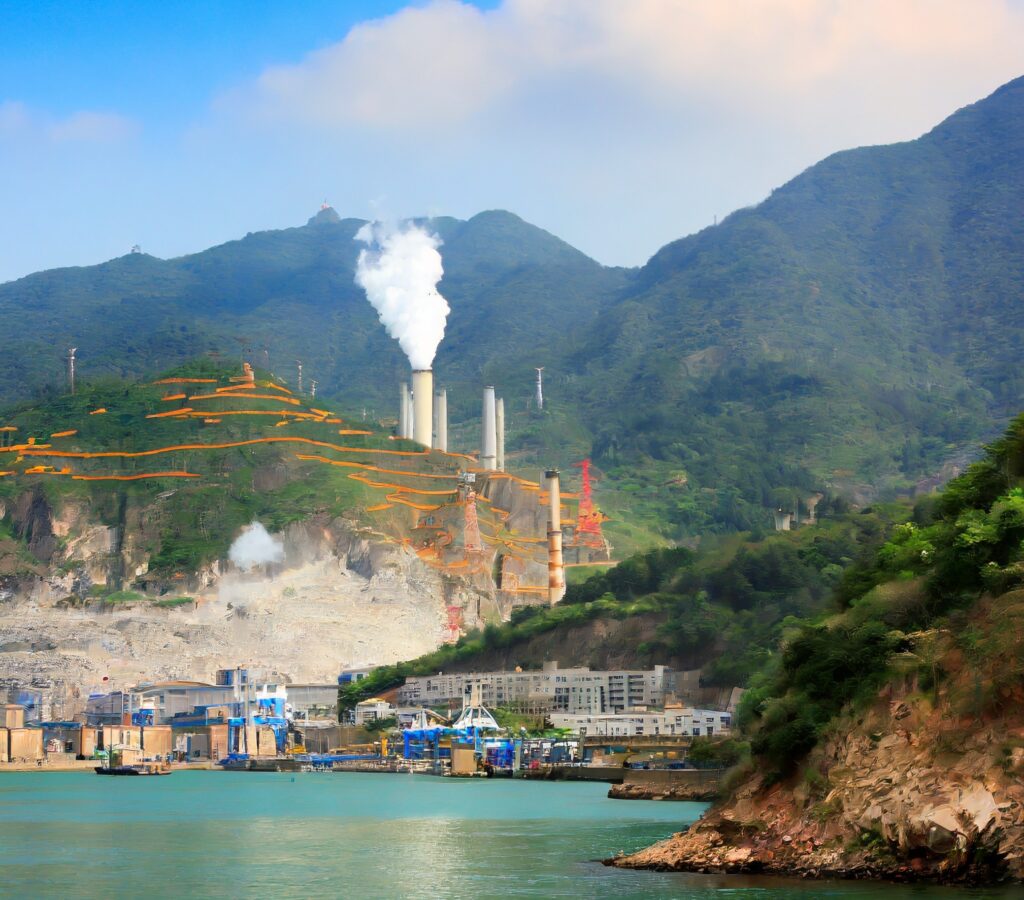Issues Related to Environmental Pollution is a growing concern. Environmental pollution has emerged as a global challenge, posing serious threats to ecosystems, human health, and the overall well-being of the planet. Various types of pollutants released into the air, water, and soil contribute to environmental degradation, leading to a host of issues that demand urgent attention and sustainable solutions.
Lets discuss the Issues related to environmental pollution in detail.

Air Pollution
- Respiratory Health Concerns: Elevated levels of air pollutants, such as particulate matter (PM), nitrogen dioxide (NO2), and sulfur dioxide (SO2), lead to respiratory issues, including asthma, bronchitis, and other respiratory diseases.
- Global Warming: Greenhouse gases, like carbon dioxide (CO2) and methane (CH4), trap heat in the atmosphere, contributing to global warming and climate change.
- Ecosystem Impact: Air pollution harms plant life and ecosystems. Acid rain, resulting from pollutants like sulfur dioxide and nitrogen oxides, damages soil and aquatic systems, affecting biodiversity.
Water Pollution
- Contaminated Drinking Water: Industrial discharge, agricultural runoff, and improper waste disposal contaminate water sources, jeopardizing the quality of drinking water and causing waterborne diseases.
- Marine Ecosystem Damage: Disposal of plastics and chemicals into water bodies harms marine life. Coral reefs, fish populations, and other aquatic species suffer due to pollutants.
- Loss of Biodiversity: Water pollution negatively impacts aquatic ecosystems, leading to a decline in biodiversity as sensitive species struggle to survive in polluted environments.
Soil Pollution
- Crop Contamination: Pesticides, herbicides, and industrial pollutants seep into the soil, contaminating crops. Consuming contaminated food poses health risks to humans and animals.
- Soil Degradation: Improper waste disposal and industrial activities contribute to soil erosion and degradation, reducing soil fertility and arable land.
- Groundwater Contamination: Improper disposal of hazardous waste and pollutants can infiltrate the groundwater, affecting water quality and threatening the primary source of drinking water for many communities. This leads to Environmental Degradation.
Noise Pollution
- Health Impacts: Prolonged exposure to high levels of noise has adverse effects on human health, leading to stress, hearing loss, and other physiological and psychological issues.
- Disruption of Ecosystems: Noise pollution disrupts natural habitats and ecosystems, affecting wildlife behavior, migration patterns, and communication among species.
Radioactive Pollution
- Health Risks: Improper disposal of radioactive waste from nuclear power plants poses severe health risks, including radiation sickness, genetic mutations, and an increased risk of cancer.
- Long-term Environmental Impact: Radioactive pollutants have a long half-life, causing persistent contamination of soil, water, and air, with effects lasting for thousands of years.
Conclusion
Addressing issues related to environmental pollution requires concerted efforts at local, national, and global levels. Sustainable practices, strict environmental regulations, public awareness, and technological innovations are essential to mitigate the adverse impacts of pollution and create a healthier and more sustainable planet for current and future generations.